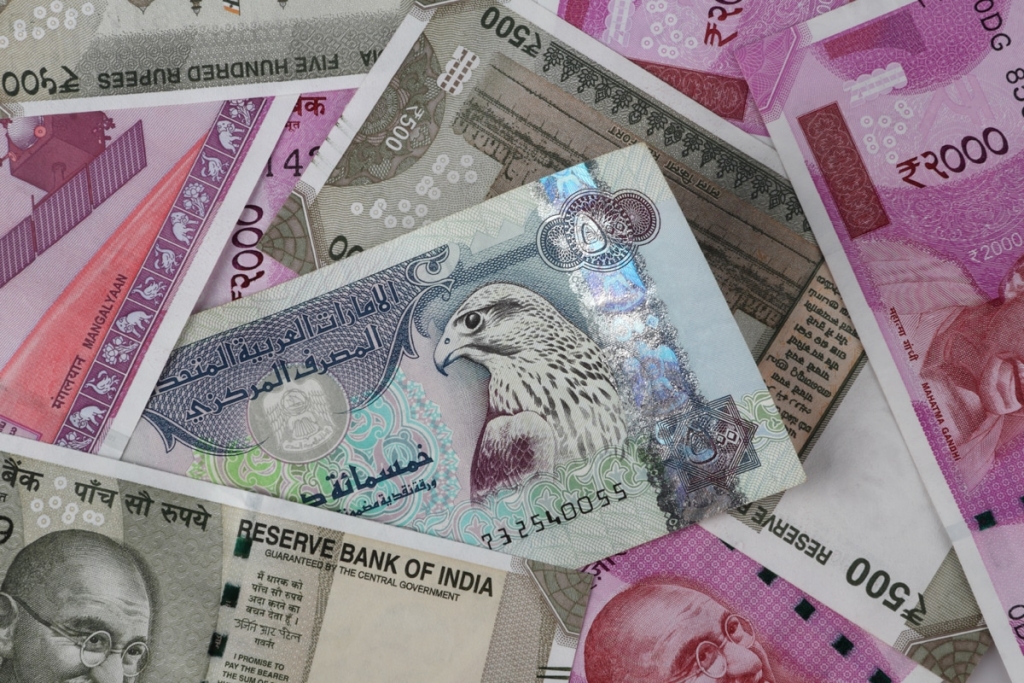A New Budget Proposal Aims to Increase Tax Collection at Source (TCS) on International Remittances to 20%, Affecting Foreign Investments and the Tourism Sector
In a recent financial budget proposal, the Indian government has suggested a substantial increase in Tax Collection at Source (TCS) on international remittances from the current 5% to 20% for amounts exceeding a specified limit. This change will have significant implications for Indian investors, particularly those with interests in foreign real estate markets such as Dubai, where Indians have been some of the most prominent foreign investors. The higher tax rate will also apply to international tour packages, potentially impacting the tourism sector. This article will explore the specifics of the proposal, who will be affected by the tax increase, and the possible consequences on both investment and tourism sectors.

The Proposed Changes
Under the Liberalized Remittance Scheme (LRS), Indian residents can currently send up to $250,000 abroad each year for various purposes, including investments in non-movable assets such as real estate, foreign stocks, mutual funds, cryptocurrency, and high-value collectibles. At present, a 5% tax is levied on sums over $8,547 (₹7,00,000). The new budget proposal, set to come into effect on July 1st, 2023, will exempt payments for studies and medical expenses from the tax increase but will require banks sending money overseas to deduct tax at source at a rate of 20%, regardless of the threshold.
Who Will Be Impacted?
The proposed tax increase is expected to primarily affect cash-rich Indian businesses and high-net-worth individuals who have been investing in prestigious real estate locations such as Dubai and London. As a result, the amount of money sent abroad for remittances other than those for medical care and education is likely to see a significant rise for residents covered by LRS.
Investments in movable or immovable foreign assets, including real estate, foreign equities, mutual funds, foreign bonds, and cryptocurrencies, will now be subject to TCS at a rate of 20%. However, high-value acquisitions of stocks and art made by ultra-high-net-worth individuals are not anticipated to be substantially impacted.
The Tourism Sector and Government’s Motivation
Besides investments, experts predict that the tourism sector will also be affected by the tax increase. International tour packages will now be subject to the higher tax rate, potentially dampening demand for overseas travel among Indian tourists.
The government’s motivation for this move is to help control foreign exchange costs at a time when the Indian rupee is experiencing a significant slowdown. By increasing the tax rate on international remittances, the government aims to curb the excessive outflow of foreign exchange and stabilize the national currency.

The proposed tax increase on overseas investments and international tour packages will have far-reaching implications for both the investment and tourism sectors. Indian investors, especially those involved in foreign real estate markets such as Dubai, will need to reassess their strategies and factor in the increased tax burden. Furthermore, the tourism sector may face challenges in attracting Indian tourists due to the higher tax rate on international packages.
As the changes are set to come into effect on July 1st, 2023, it remains to be seen how these sectors will adapt to the new tax landscape and what long-term consequences will emerge for both Indian investors and the industries they invest in.



